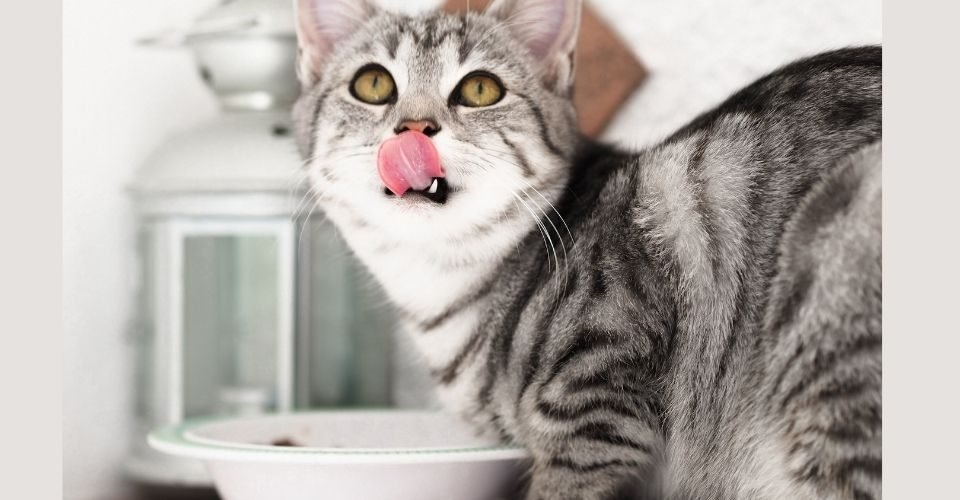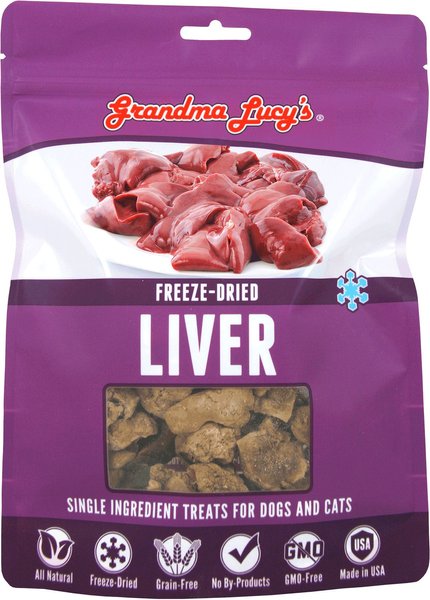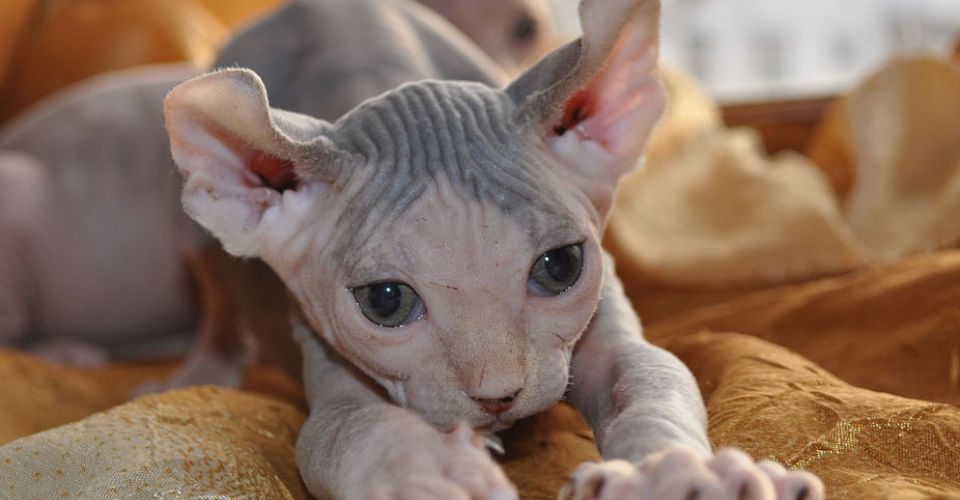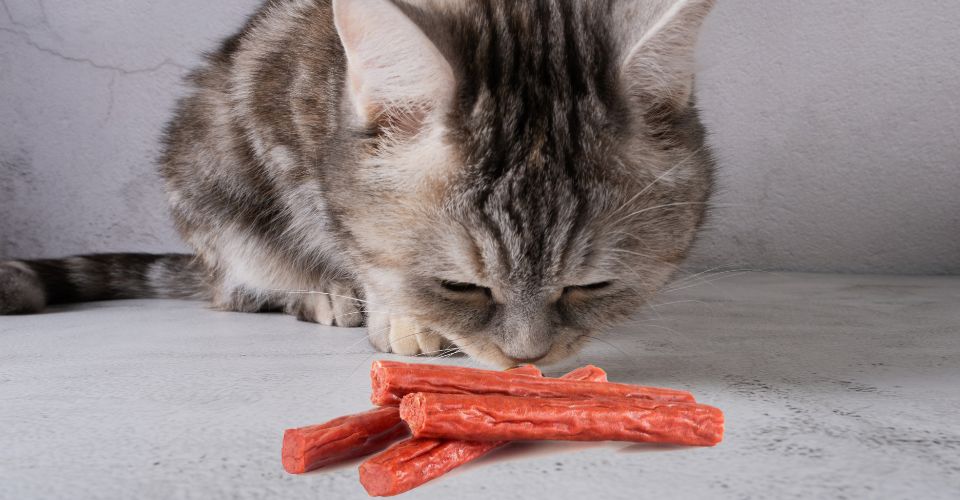Being obligate carnivores, felines can benefit from eating meat-based, protein-rich food. But as we have seen, many seem confused about the type of meat and feeding methods. Chicken liver is one of those meats people aren’t sure about. Vets and experienced owners are often inundated with questions like can cats eat chicken liver? Does chicken liver have any health benefits—or risks—for cats?
It may have something to do with the kind of reputation the meat organ has earned. It removes toxins from the body. Naturally, people do not trust a toxin filter as a food source. But then reading a few experts’ opinions tells you it is loaded with nutrients, given the meat is sourced from a reliable source.
Confused again? Let’s find out whether or not should the cats be fed chicken liver.
Key Takeaways
Cats can eat chicken liver as it is a highly palatable food item chock-full of nutrients. Care should be taken to offer it sparingly and in cooked form as a treat, never as a meal substitute.
| Protein Content | 16.9g/100 g |
| Pros | Highly nutritious, palatable (to cats), low calorie |
| Cons | Excess may cause vitamin A toxicity Cats may prefer it over their primary diet |
| Serving (size + type) | 10% – 15% of total feed; unseasoned, boiled, or commercial treats |
Can Cats Eat Chicken Liver?
Yes, cats may consume moderate portions of cooked liver procured from trusted sources. Being on the list of human foods cats can eat, chicken liver is a highly nutritious, low-calorie food, making it an ideal meal when attempting weight loss. Feels like too good a thing? Well, it is.
While it is highly palatable to cats and nutritious as it might be, it certainly cannot replace a well-balanced diet. But cats eat what they like, so they might opt to finish the liver and leave their regular meals unfinished.
Relying only on the liver would deprive cats not only of the essential nutrients required for a healthy and sound body, but it may also lead to vitamin A abundance in the body. The former is guilty of causing several health-related complications originating from hypervitaminosis A. It is a condition where vitamin A causes toxicity and consequent health issues ranging from lethargy and weight loss to abnormal bone growth.
Health Benefits of Feeding Chicken Liver to Your Cat
Why Should Cats Eat Chicken Liver?
Cats rely primarily on protein-rich meat sources to fulfill their dietary requirements, but they need much more than that. A host of other nutrients such as fats, a limited amount of carbs, and minute quantities of vitamins and minerals play their role in ensuring healthy growth and development.
The chicken itself is highly nourishing, its muscle meat is a staple in commercially prepared pet foods, and organs feature prominently in the finer quality products. Suspicions that the liver could be a concentration of the toxins it removes from the blood could easily be tackled by sourcing it from a reliable producer.

Nutrient Profile of The Chicken liver
Chicken liver supplies your kitty with ample amounts of vitamins A, B12, C, and E. Besides, it is a wonderful source of essential fatty acids, amino acids, essential nutrient choline, iron, copper, and selenium. It also contains Riboflavin (vitamin B2) and Niacin (vitamin B3), necessary nutrients for maintaining a healthy, robust cat.
| Raw Chicken Liver Nutrient Profile (Per 100g) | |
| Nutrient | Amount |
| Protein | 16.9 g |
| Fat | 4.83 g |
| Carbs | 0.73 g |
| Iron | 8.99 mg |
| Phosphorus | 297 mg |
| Potassium | 230 mg |
| Copper | 0.492 mg |
| Selenium | 54.6 µg |
| Vitamin C | 17.9 mg |
| Riboflavin | 1.78 mg |
| Niacin | 9.73 mg |
| Choline | 194 mg |
| Vitamin B-12 | 16.6 µg |
Proteins
Each of these nutrients has a vital role to play in the well-being of our beloved balls of fur. As relayed in the National Research Council of the National Academies’ booklet on the cat’s nutritional needs, proteins and amino acids supply both the energy to perform day-to-day tasks and the building blocks for various biological compounds.
Fats
Besides rendering the food palatable to our furry little friends, fatty acids participate in the structural and functional role of the feline cells. The nutrient is responsible for giving the kitties a nice luscious coat and supple skin.
Vitamins
Moving over to the vitamins, they have a key role in the smooth function of the feline body. Vitamin A takes up the critical role of promoting growth, vision, and immunity in the cat while also facilitating fetal development in pregnant cats.
Similarly, Riboflavin, Niacin, and vitamin B12 assist her body in performing its enzymatic functions to the full, whereas vitamin E guards the feline body against oxidative damage.
Minerals
Iron is the indispensable mineral responsible for hemoglobin synthesis and consequently for the oxygen supply in the cat’s body. Copper is responsible for iron metabolism and the formation of the blood cells, connective tissues, and melanin – the pigment that gives your kitties the myriad of lovely coat/eye/paw colors. Selenium, though required in minute quantities, is necessary for an effective immune response and for protecting the body from oxidative damage.
The nutrient choline has a considerable role in regulating liver fat, facilitating nerve transmission, muscle function, and cognitive function.
Risks Associated With Feeding Your Cat Chicken Liver
After counting all the wonderful benefits of chicken liver for cats, it is hard to believe it could cause serious damage to her body.
But as they say, excess of everything is bad, and so is the case here. Often remarked as the super food owing to the nutrient-packed, low-caloric organ, excessive feeding of the chicken liver has a reputation for causing health troubles to cats.
Hypervitaminosis A
A serious health condition, hypervitaminosis A, more commonly known as vitamin A toxicity, is primarily caused by excessive consumption of diets rich in vitamin A. The disease in cats has long been associated with a diet comprised of milk and raw chicken/pig/beef liver.
Developed after a period ranging from many months to a couple of years of excessive consumption, the disease can have serious implications for the bones and mobility of the cat. It causes abnormal bony growth around the joints, including the occipital (skull) bone, vertebrae, limb joints, shoulders, and the pelvis.
It is characterized by bone lesions and limited or painful movement in adult cats. Whereas in kittens, the disease affects their growth and development.
How to Feed Chicken Liver to Cats?
While sharing table scraps can be a tempting idea, more so as a sign of affection and devotion to your dear cat, it is strongly advised against. Offer a boiled chicken liver serving to your cat, devoid of any seasoning, oiling, or herb whatsoever. Or skip the trouble altogether and get a quality chicken liver cat treat to feed your cat a nourishing snack.
Liver cooked with onions, garlic or chives can be particularly harmful to your pet as they have the potential to cause anything from stomach trouble and red blood cell damage to (eventually) anemia.
Attempting to serve it raw as a means to provide food closest to what their wild counterparts might eat is also a bad idea. While it is true that cats do eat their prey raw and might even prefer to relish the kidney earlier, those circumstances are completely different.
Raw chicken is susceptible to contamination as it exchanges quite a few hands until it reaches you. The contaminants may include Salmonella and E.coli, bacteria harmful to health. Some commercially available cat foods indeed boast of adding raw meat to their diets, but they are protected against harmful microorganisms through procedures like flash freezing which tend to pasteurize the meat.
How Much Chicken Liver Can Cats Eat?
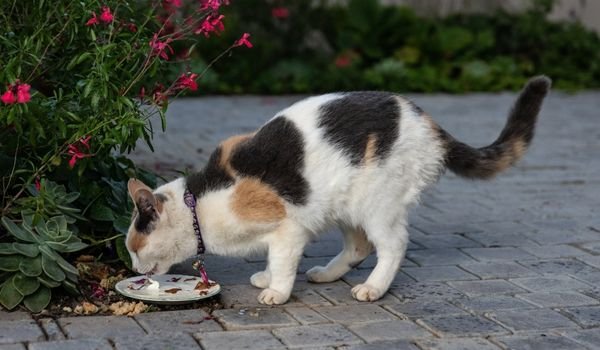
Chicken liver is essentially a treat since it does not meet the criteria for a balanced diet specially designed by trained vets for the cat. Therefore, it could only be fed as a small serving every once in a while. As per experts, the specific percentage varies between 10% – 15%. This means the chicken liver treat should only constitute the given percentage of the total meal served. Splitting the treat over several days and offering it occasionally is a better way to keep the quantity under check while still letting your pet enjoy the meaty goodness.
If the chicken liver in your kitty’s diet is coming from a commercially designed diet, then you have nothing to worry about. Just discuss it with the vet before starting it.
Final Words: Can Cats Eat Chicken Liver
Yes, cats can eat cooked or commercially available flash-frozen chicken liver treats. It is a highly nourishing food loaded with proteins, essential fatty acids, and the essential feline nutrient choline. But allowing it often or offering bigger servings can have negative health implications such as vitamin A toxicity.

